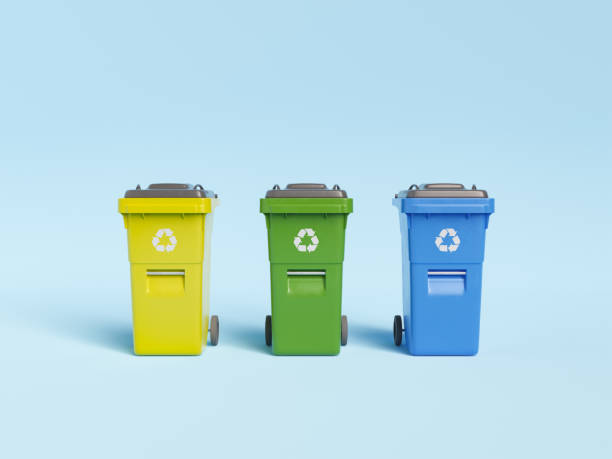The Role of Clean Dumpsters in Pest Prevention
Effective pest prevention is crucial to maintaining a clean and healthy environment, whether for residential, commercial, or industrial properties. One often overlooked factor in controlling pests is the condition of dumpsters. Clean dumpsters play a significant role in pest management, helping to minimize infestations and maintain sanitation. This article explores how cleaning dumpsters can improve pest prevention and overall property hygiene.
Understanding the Connection Between
Dumpsters and Pests
The Importance of Regular Dumpster
Maintenance
Regular maintenance of dumpsters
involves more than just emptying them on a schedule. It includes cleaning and
sanitizing the bins to eliminate residual waste and odors that might attract
pests. A dumpster that is not routinely cleaned can develop residues and grime
that offer a perfect environment for pests to thrive. This build-up can also
lead to unpleasant odors, further attracting pests.
Cleaning Procedures for Effective Pest
Prevention
To ensure dumpsters contribute to pest
prevention, several cleaning procedures should be followed:
1.
Routine Cleaning: Dumpsters should be washed and sanitized regularly, ideally every
month or more frequently if necessary. This involves removing leftover waste,
scrubbing the interior surfaces, and using disinfectants to kill bacteria and
neutralize odors.
2.
Odor Control: Effective odor control measures should be implemented to prevent
attracting pests. This can include using deodorizing agents or specialized
dumpster liners that help reduce smells.
3.
Proper Waste Segregation: Ensuring that waste is correctly segregated before disposal can
help minimize the attraction of pests. Organic garbage should be disposed of
separately from non-organic waste, and food scraps should be placed in sealed
bags.
4.
Securing Dumpsters: Dumpsters should be covered with secure lids to prevent pests from
gaining access. Lids should be checked regularly to ensure they are in good
working condition and properly sealed.
The Benefits of Clean Dumpsters Beyond Pest
Prevention
In addition to their role in pest
prevention, clean
dumpsters offer several other benefits:
1.
Enhanced Hygiene: A clean dumpster reduces the risk of spreading harmful bacteria
and diseases that can be present in waste materials. This contributes to a
healthier environment for everyone.
2.
Improved Aesthetics: Well-maintained dumpsters prevent unsightly waste overflow and
tidy the surrounding area. This is especially important for commercial
properties where appearance can impact customer perception.
3.
Compliance with Regulations: Many local regulations require proper waste management and
sanitation practices. Keeping dumpsters clean helps ensure compliance with
these regulations, avoiding potential fines or penalties.
4.
Longevity of Dumpsters: Regular cleaning can extend the lifespan of dumpsters by
preventing the build-up of corrosive waste materials that can lead to damage
and deterioration.
In summary, clean dumpsters play a
vital role in pest prevention by minimizing the factors that attract pests and
ensuring a hygienic waste disposal system. Regular maintenance, including
cleaning, odor control, and proper waste segregation, helps create an
environment less conducive to pest infestations. By prioritizing dumpster
cleanliness, property owners can enhance overall sanitation, maintain aesthetic
appeal, and comply with health regulations, contributing to a cleaner and
healthier environment.



Comments
Post a Comment